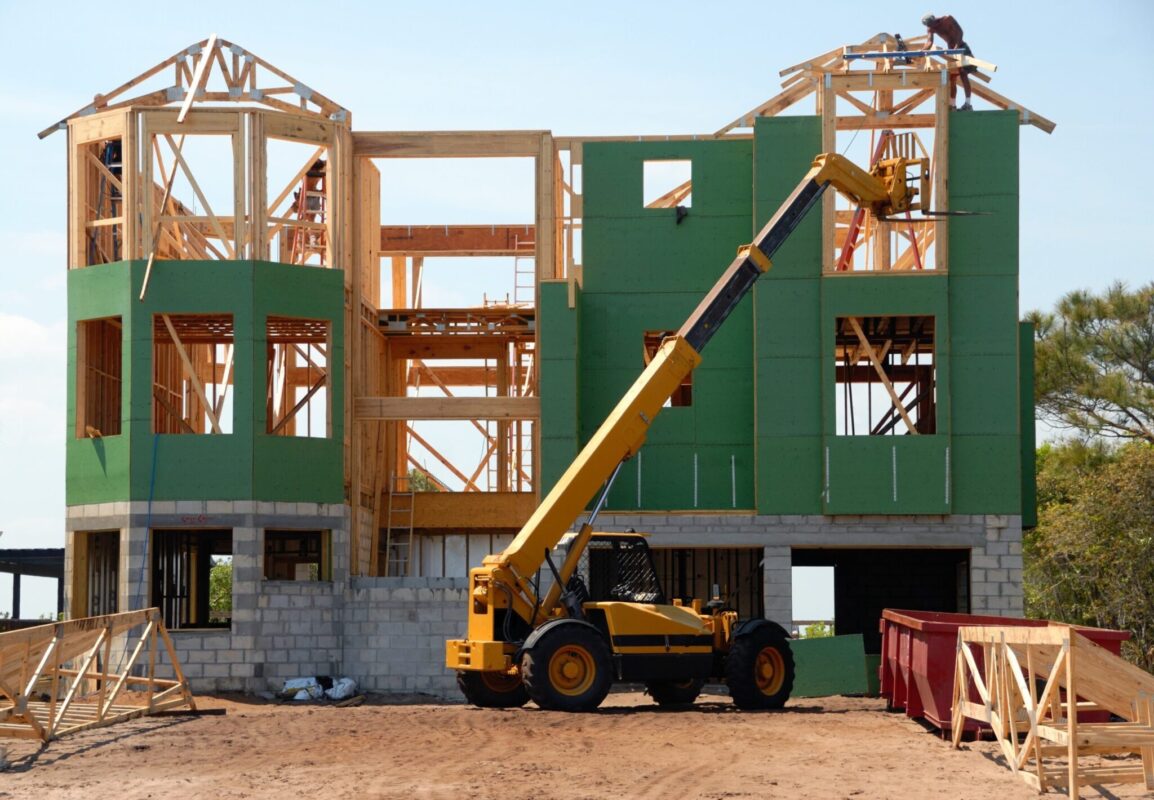Buying a home is one of the most significant financial decisions you’ll make in your lifetime. It’s crucial to set a realistic budget to ensure that your new home brings you joy and comfort rather than financial strain. Here’s a comprehensive guide to help you determine how much house you can afford.
Step 1: Evaluate Your Financial Situation
Start by taking a close look at your current financial status. This involves understanding your income, expenses, debts, and savings.
- Calculate Your Income: Include all sources of income such as salary, bonuses, and any additional income streams.
- Track Your Expenses: Document your monthly expenses, including utilities, groceries, transportation, entertainment, and any other recurring costs.
- Assess Your Debts: List all your existing debts, such as credit card balances, student loans, and car payments.
- Review Your Savings: Consider your savings, particularly how much you have set aside for a down payment and emergency fund.
Step 2: Understand the 28/36 Rule
The 28/36 rule is a common guideline for determining how much house you can afford:
- 28% of Gross Income for Housing: Your monthly housing expenses (including mortgage payments, property taxes, homeowners insurance, and any HOA fees) should not exceed 28% of your gross monthly income.
- 36% of Gross Income for Total Debt: Your total monthly debt payments (including housing costs, car loans, student loans, and credit card payments) should not exceed 36% of your gross monthly income.
Step 3: Use Online Calculators
Online mortgage calculators can help you estimate how much house you can afford based on your financial information. Input your income, down payment amount, loan term, and interest rate to get an idea of your price range.
Step 4: Factor in the Down Payment
The size of your down payment significantly impacts how much house you can afford. A larger down payment can reduce your monthly mortgage payments and potentially help you avoid private mortgage insurance (PMI).
- Aim for 20%: A 20% down payment is ideal as it allows you to avoid PMI and reduce overall loan costs.
- Consider Lower Down Payments: If saving 20% is challenging, some loans allow for lower down payments (e.g., FHA loans require as little as 3.5%).
Step 5: Consider Additional Costs
Homeownership comes with costs beyond the mortgage payment. Make sure to budget for:
- Property Taxes: These vary by location and can add a significant amount to your monthly expenses.
- Homeowners Insurance: This protects your home and belongings from damage or theft.
- Maintenance and Repairs: Plan for regular maintenance and unexpected repairs to keep your home in good condition.
- Utilities: Include costs for electricity, water, gas, internet, and other utilities.
Step 6: Get Pre-Approved for a Mortgage
A mortgage pre-approval gives you a clearer picture of how much you can borrow and demonstrates to sellers that you are a serious buyer. During this process, a lender will review your financial situation and provide a pre-approval letter stating the maximum loan amount you qualify for.
Step 7: Avoid Common Pitfalls
- Overestimating Your Budget: Be realistic about your budget and avoid stretching your finances too thin.
- Ignoring Additional Costs: Don’t forget to account for closing costs, moving expenses, and furnishing your new home.
- Relying on Future Income: Base your budget on your current financial situation rather than anticipated future earnings.
Step 8: Plan for the Long Term
Consider how your financial situation might change in the future. Are you planning to start a family, change jobs, or pursue further education? These factors can impact your ability to afford a home.
Conclusion
Determining how much house you can afford is a crucial step in the home-buying process. By evaluating your financial situation, understanding the 28/36 rule, considering additional costs, and getting pre-approved for a mortgage, you can set a realistic budget that ensures a comfortable and financially secure homeownership experience. Remember, the goal is to find a home that fits your lifestyle and budget, allowing you to enjoy this exciting new chapter without financial stress.
Looking for a house or need help budgeting for one? Visit https://www.mortgagebrokers.ie/ for help or guidance and speak to a professional today to get on the right track for your homeowner dream.











